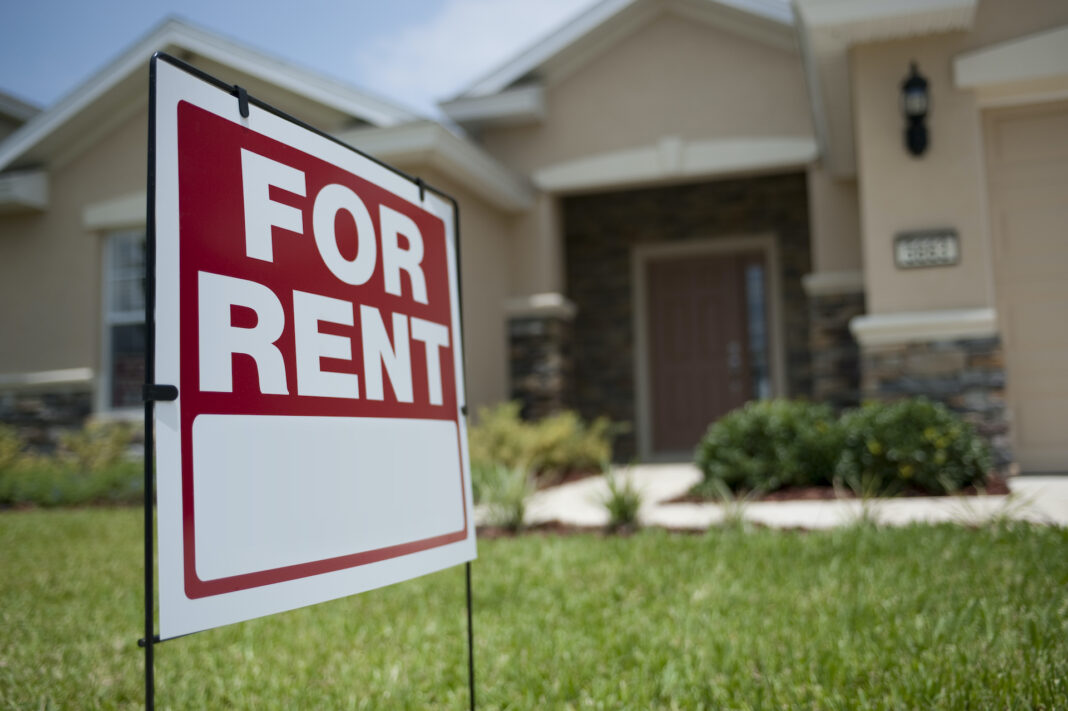
When you’re searching for your dream place to live, picking the location isn’t the only decision you’ll need to make. You’ll also need to decide if you want to rent a house or apartment. Renting an apartment or house each comes with pros and cons, and understanding what to expect can help you make an informed decision. Factors like cost, space, and convenience play into this choice. A lot comes down to personal preferences and needs, so here’s what you need to know when you’re choosing the type of rental housing that works best for your unique needs.
Renting an Apartment vs. House: Pros and Cons of Renting an Apartment
If you’re weighing whether you should rent a house or an apartment, you’ll want to take a good look at the advantages and disadvantages of each type of housing. Apartment living comes with its share of perks, but you’ll have some disadvantages to contend with as well.
Advantages of renting an apartment include:
- Cost: Cost-conscious renters will want to seriously consider opting for an apartment. Apartment units are typically less expensive to rent than a whole house. You won’t need to pay for extra space and utilities. Your monthly rent may even include bills like heating, cooling, electricity, and water, but even if you’re responsible for those bills on your own, they’ll likely cost a lot less than utility bills for a house.
- Ease of moving: If you’re constantly on the move for your job or other reasons, renting an apartment gives you more flexibility. Renting a new unit in a new place is easy and move-out tasks simple thanks to smaller spaces and fewer belongings to deal with. If you’re searching for new job opportunities, growing your career, or interested in trying out new cities before deciding where to settle, renting an apartment makes it easy.
- Convenience: Apartment conveniences go far beyond moving in and out. Depending on the city, you’ll find many apartments surrounded by entertainment options, easy-to-access stores, and plenty of restaurants. If you want to have everything you need within a short walk, you’ll likely get that from an apartment. Even if you can’t walk directly to your destination, you’ll likely have public transportation that gets you there located close to your unit.
- Maintenance: Property management companies and landlords typically deal with utilities and apartment maintenance. You won’t need to worry about fixing issues in your unit yourself.
Disadvantages of renting an apartment include:
- Limited space: Renting an apartment means having less space to your name. The smaller space will also limit the stuff you can bring along with you. You may also have limited (or no) outdoor space you can access.
- Limited creativity: Most apartments won’t offer much chance for you to exercise creativity via remodeling or renovating. Even if your apartment management doesn’t forbid design changes (and many will), limited space will stand in your way.
- Shared space: If shared walls aren’t your thing, apartment living may not offer the best choice. You may have to contend with noisy and inconsiderate neighbors.
Renting a House vs. Apartment: Pros and Cons of Renting a House
When you’re deciding if you should rent a house or apartment, you’ll also need to understand the advantages and disadvantages that come from renting a house. Just like apartments offer their advantages and disadvantages, renting a house comes with a series of trade-offs, too.
Advantages of renting a house include:
- Space: If you want lots of space, renting a house is the way to go. A house often offers more spacious individual rooms as well as more functional areas. That translates to perks like a living room and parking space, not to mention private outdoor space. If you want a garden or yard to enjoy with friends, family, and your pets, houses typically come with much more of that outdoor space.
- Privacy: Single-family housing means greater privacy than apartments in bigger buildings. Though you’ll still have neighbors, space will separate you from them.
- Parking: Although some apartments may come with a parking spot, many urban apartments don’t. If you have a vehicle, renting a house with built-in parking possibilities can make daily life much easier.
- Flexibility for leisure activities: Since you won’t just have a thin wall separating you from your neighbors, you’ll have much more flexibility to do whatever you want on your own time. Whether you want to let a pet have free reign of your space or practice your instrument in the middle of the night, the privacy of a house offers greater all-around lifestyle flexibility.
Disadvantages of renting a house include:
- Bigger distances: You’ll find most houses in the suburbs, further away from bigger cities and establishments. You’ll likely have to commute greater distances to work, groceries, and entertainment options. Having a car is a must in many areas where you’d rent a house, too.
- Maintenance responsibilities: All that extra space means doing more work. You’ll have to clean more rooms, take care of upkeep on your lawn or yard, and you may have to deal with household problems (think: plumbing and other utilities) on your own instead of simply summoning building management as you could in an apartment.
- Negotiations with your landlord: An individual may choose to rent out their house. This person may not be a professional landlord, so they might not have a full understanding of tenants’. In this case, you may need to negotiate and communicate more with them in order to align on certain things.
There’s no right or wrong answer in the great apartment vs. house rent debate. The best choice depends on what you need and your personal preferences, so knowing the pros and cons of both types of housing will help you decide if you should rent an apartment or house. Once you choose the best type of rental for your needs, you can easily find your dream place to rent.



